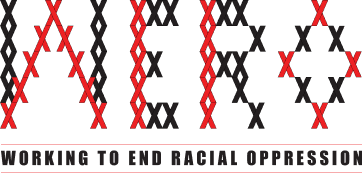The Geographies of Racism theme identifies ethnicity-based residential patterns in different urban settlements in Aotearoa, and the institutional drivers and discriminatory practices that underpin geographically uneven impacts of housing inequalities. This theme hosts four projects:
Mapping Segregation across Urban Areas
The Mapping Segregation across Urban Areas project produces summary statistics, capturing patterns of uneven spatial distribution of residents by ethnicity and socio-economic variables in 17 main urban areas in New Zealand. The project provides descriptive insights, and a basis for developing a deeper understanding of the processes of spatial stratification.
Residential Choices and Constraints
Residential Choices and Constraints examines people’s residential mobility patterns (how often people move and between which locations) and the socio- structural factors, including racism, that shape decision-making around housing. Participants in this survey-based study will be drawn from urban neighbourhoods with different rankings in the housing deprivation index, in order to better understand the choices and constraints households face in the context of growing inequities and housing unaffordability.
Social and Technological Systems of Segregation
The Social and Technological Systems of Segregation project is a qualitative study examining rental housing market practices, with a view to gaining insights into the role of housing market professionals in reproducing or challenging housing-related inequities. It specifically focuses on rental advertising and promotion, and tenant selection processes, as well as rental seekers’ experiences of gaining and retaining rental properties.
Environmental Racism
The Environmental Racism project is a multi-method study focused on the health outcomes of deprivation related to ethnicity-specific neighbourhood segregation. The study will be located in two neighbourhoods that have high proportions of minority ethnic and migrant populations. The study will examine environmental exposures (such as air pollution and toxin exposure), secondary epidemiological data (respiratory issues, chronic illness, life expectancy, well-being), and well-being outcomes (sleep, leisure, physical activity, and gender-specific safety) within households in these neighbourhoods.
Together, the projects in the Geographies of Racism theme will generate outcomes that are both scholarly and translational, including infographics for policy use, risk maps, and toolkits for specific stakeholders, including rental property managers, community groups and policymakers.
